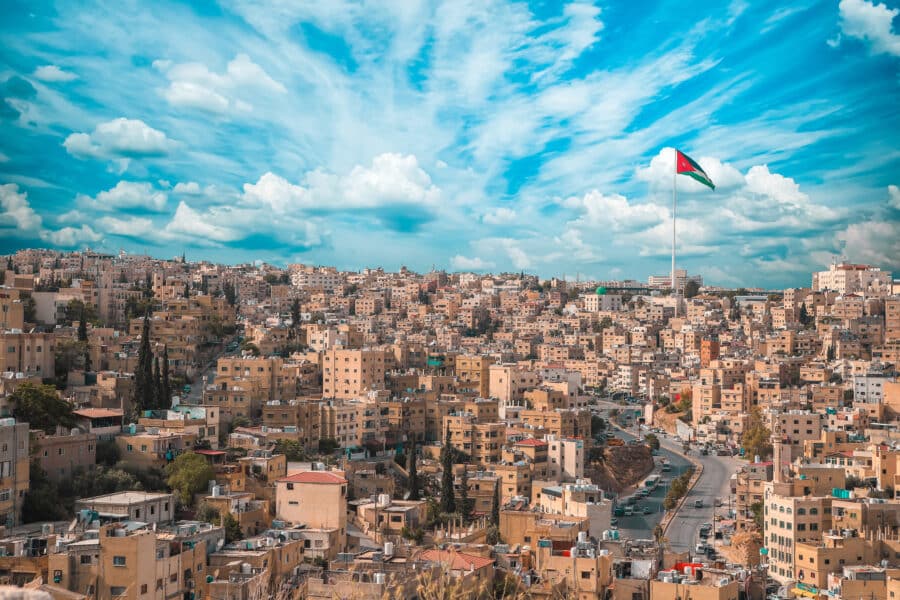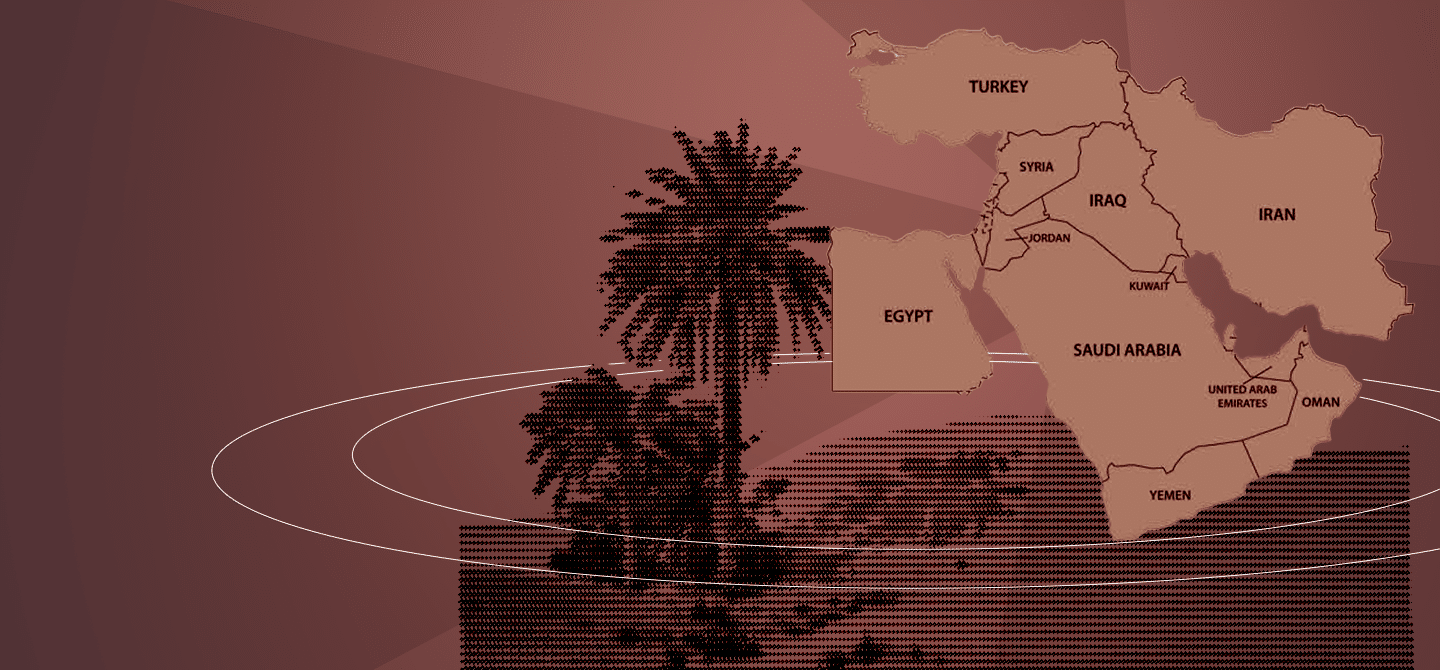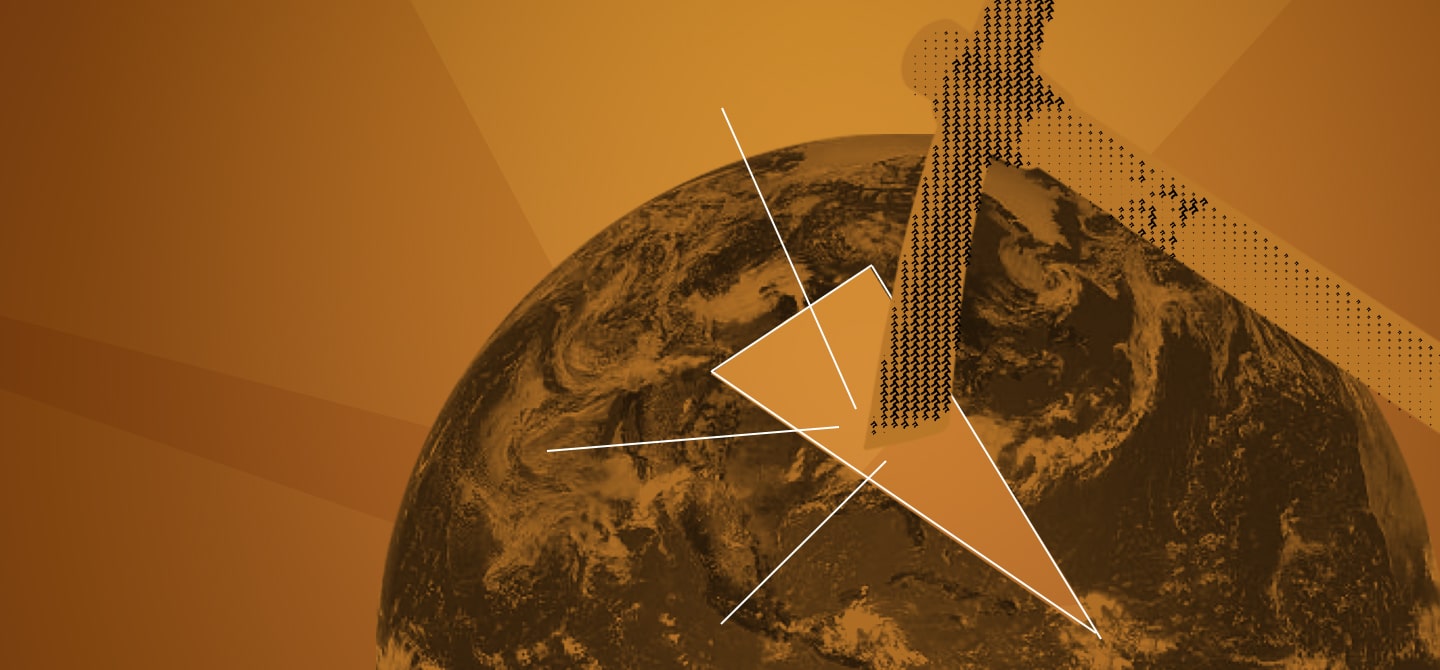Jordan, a country described as an “island of stability” in the Middle East, has been ruled by King Abdullah II for more than 25 years. How does the Hashemite monarchy reign over the country’s political life?
Camille Abescat. The 1952 Constitution defines Jordan as a hereditary and parliamentary monarchy. Within this system, the figure of the king is central: he holds executive power, which he exercises through the government, whose members, generally technocrats with no party affiliation, he also appoints and dismisses. Legislative power is also controlled by the sovereign, although theoretically shared with Parliament. The latter is composed of an upper house – the Senate, whose members are appointed by the King – and a lower house composed of deputies. The monarch retains the power to dissolve Parliament whenever he wishes. Royal powers have been strengthened since the 2016 constitutional reform. From now on, appointment decrees issued by Abdullah II no longer need to be countersigned by the Prime Minister.
The 2022 constitutional reform: a false dawn?
A few months before the reform process began in 2021, around 20 people were arrested by the security services on charges of plotting a coup. Among the alleged culprits was Prince Hamzah bin Hussein, the king’s half-brother and a popular figure in the country. In a video broadcast by the BBC, he denied the coup attempt and spoke out strongly against corruption and the rise of political repression.
In this political and media context, the announcement of reforms by the “Royal Committee to Modernise the Political System” was seen as an attempt to appease social unrest and proof that the monarchy was moving towards the democratisation of its institutions. For example, the new electoral law, enacted in 2022, now reserves 41 seats for political parties, thus responding to a long-standing demand by the opposition. However, not all of the measures announced were equally well received: the creation of the National Security Council, a body composed of several ministers, the chief of staff and the head of intelligence, was met with fierce criticism. For many Jordanians, this National Security Council is a new way of circumventing existing institutions, such as Parliament.
The general elections held in September 2024 were marked by the breakthrough of the Islamic Action Front (IAF), the political wing of the Muslim Brotherhood. How can this be explained?
The Islamic Action Front enjoyed its most decisive victory since its foundation. The party’s members themselves were seemingly surprised by the announcement of such a result: they managed to win 31 seats, eight of which were held by women. Furthermore, the success was nationwide, not limited to a few geographical areas but affecting the whole country. These results are also consistent with those of the student elections held a few months earlier: lists affiliated with the Muslim Brotherhood came out on top at the University of Jordan, based in Amman. The regional context, and particularly the impact of the Israeli government’s genocidal war in Gaza, may have played in favour of the party, which is perceived as the main defender of the Palestinian cause in the country. Voter turnout was just over 30%, slightly higher than in 2020. For a highly anticipated and widely publicised election, this figure may seem surprising at first glance, but it reflects both citizens’ disinterest (with Parliament being perceived as a powerless institution) and growing discontent with increasing repression and the concentration of political power.
A few months after these elections, Amman decided to ban the activities of the Muslim Brotherhood. Why?
Although the Brotherhood had already ceased to exist legally in Jordan since 2020, this total ban came a few days after the arrest of several individuals who claimed to be affiliated with the Muslim Brotherhood and were accused of possessing weapons and planning an attack on Jordanian soil. In addition to this event, the decision is a means of curbing the Muslim Brotherhood’s rising popularity and reflects the deterioration of relations between the government and the Brotherhood. The latter has repeatedly denounced the continued diplomatic and economic collaboration between the Jordanian state and Israel. Finally, geopolitical alliances certainly weighed on the verdict. Saudi Arabia and the United Arab Emirates, two strategic partners of Jordan, consider the Muslim Brotherhood a regional threat.
Can Jordan’s economic stability withstand regional upheaval?
The regional crisis has severely affected the tourism industry, a pillar of the national economy that employs tens of thousands of Jordanians and accounted for 18% of GDP in 2023 (before 7th October). Hotel revenues fell over several months, ending up well below forecasts (-65%). To limit the knock-on effects, the government temporarily suspended social security contributions for the most affected businesses. It is in this uncertain economic context that President Trump’s return to office and the subsequent re-evaluation of US financial support have caused serious concern. These concerns are justified, as Jordan is heavily and structurally dependent on this aid, being one of the main recipient countries in the region. In April 2025, the King reportedly received solid assurances from Donald Trump that military assistance and budgetary support (approximately US$1.5 billion) would remain intact. However, the sustainability of US aid is less clear when it comes to the education and health sectors.
The myth of stability needs to be put into perspective
The “myth” of a stable country in a region plagued by conflict is in reality a political narrative constructed jointly by the Jordanian authorities and international donors, who have every interest in presenting the monarchy as a political model, an oasis of stability, thus making it the ideal ally in the Middle East. However, this narrative has obscured the transformations that Jordanian politics and society have undergone. Protest movements are part of everyday life in Jordan, as are the responses of the authorities, which always oscillate between repression and controlled political reform.








